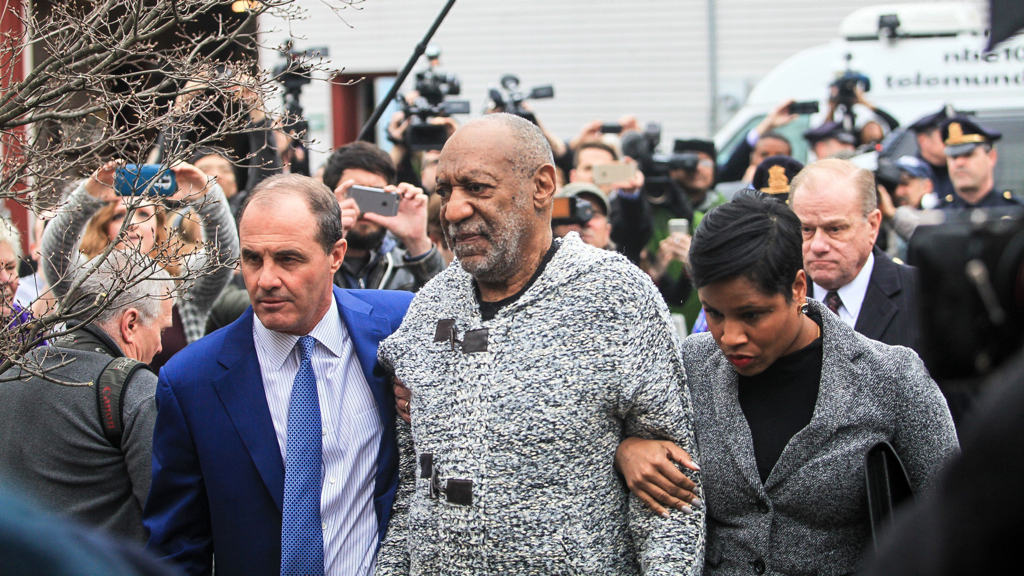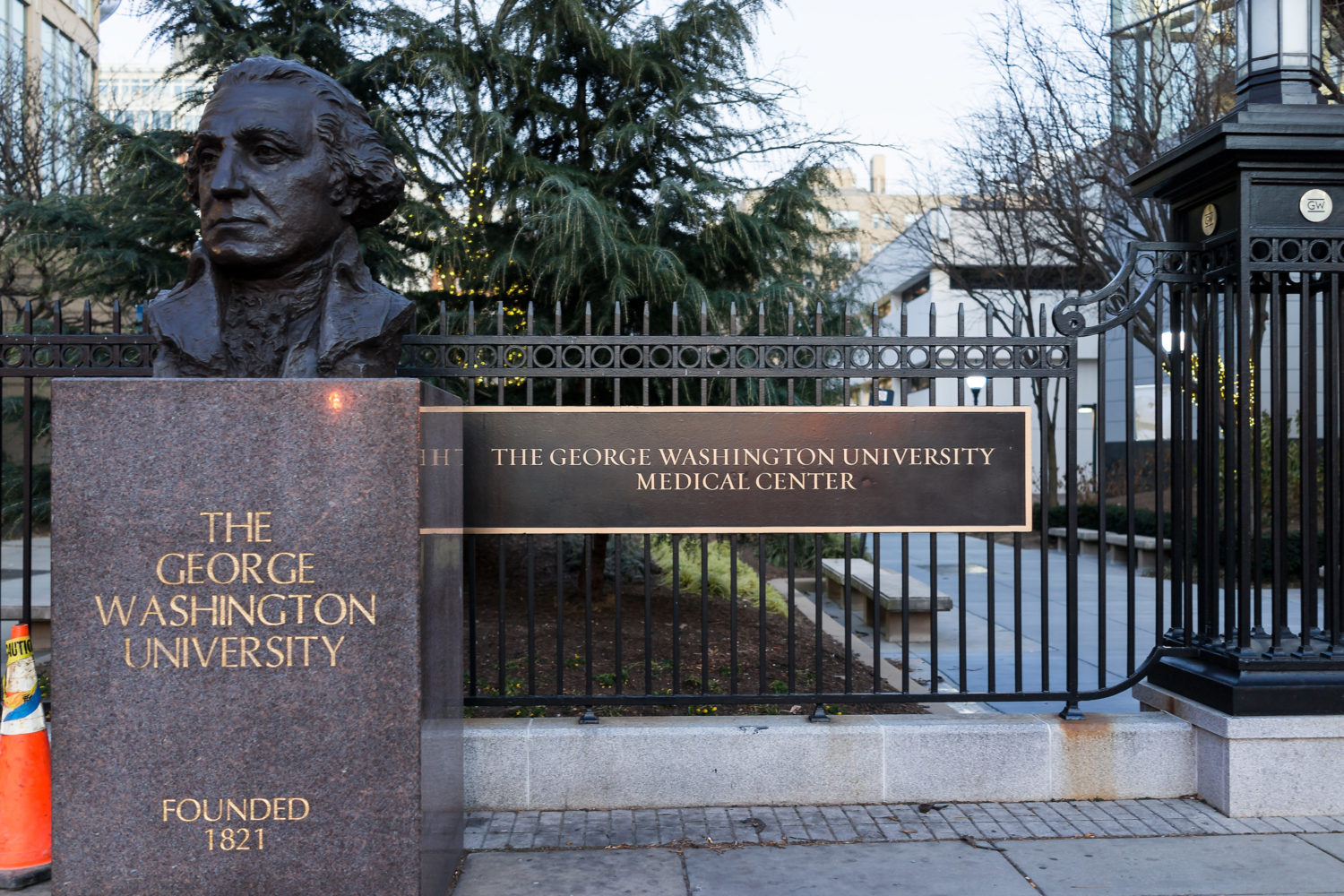The George Washington University will rescind the honorary degree it gave Bill Cosby in 1997, citing the continued sexual-assault allegations against the comedian. The decision, revealed Monday in a note from GW President Steven Knapp, comes three months after the school issued a statement in which it stood by Cosby’s honorary diploma.
GW administrators said in October that Cosby’s degree would remain on the books because it was “conferred at a moment in time, based on what the university knows about the honoree at that time.” Since then, Knapp writes in the new statement, school officials have “continued to discuss” the many allegations against Cosby and apparently have decided that the university knows a bit more.
The biggest turn though, which Knapp does not mention directly, is that Cosby was charged in Montgomery County, Pennsylvania last month with one count of indecent assault, stemming from a 2005 complaint from a woman who says Cosby drugged her with pills and wine and then fondled her in early 2004. Cosby pleaded not guilty to the charge and was released on $1 million bail.
In total, more than 50 women have publicly accused Cosby of drugging or assaulting them as far back as 1967. The allegations have prompted calls for the 57 colleges and universities that granted Cosby honorary degrees over the course of his legendary career to rescind the awards. Before GW’s decision, at least 12 schools publicly voided Cosby’s honorary degrees, including Brown University and Amherst College.
In his note, Knapp suggests that GW’s move is a result of on-campus reaction to the allegations against Cosby, rather than the allegations themselves. “What has particularly moved and impressed me has been the argument that, whatever may ultimately be determined about the guilt or innocence of Mr. Cosby in a court of law, the controversy itself has become a cause of renewed distress for our students and alumni who are survivors of sexual assault,” he writes.




















